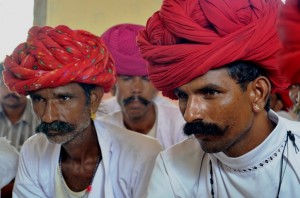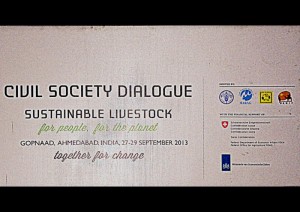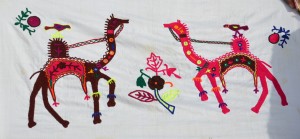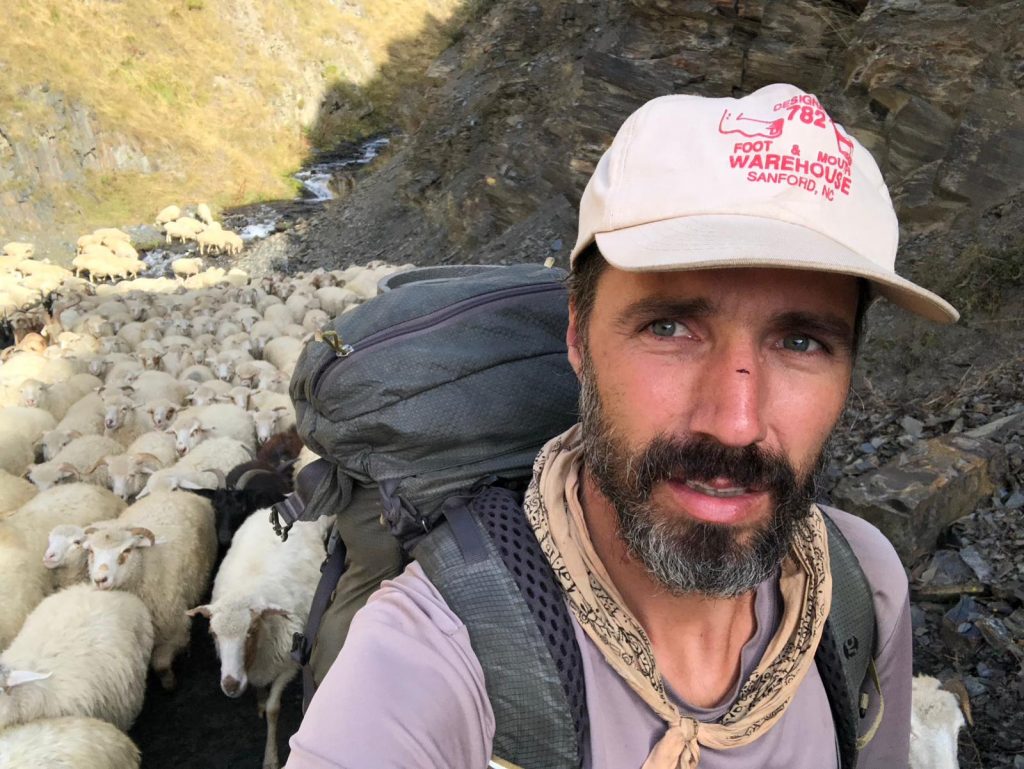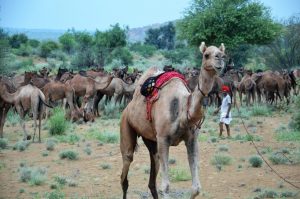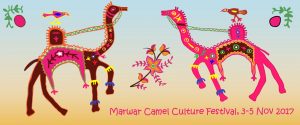Biocultural Community protocols (BCPs) are an exciting new tool for communities that manage and conserve biodiversity, including domestic plants and animals that they have developed and are stewarding, agro-ecosystems that they have managed and conserved, as well as customary rules that they adhere to. BCPs are an approach conceived and developed in the context of implementing the UN Convention on Biological Diversity (CBD) and ensuring that benefits trickle down to the people that are stewarding the world’s biodiversity in-situ.
Communities that are managing their resources traditionally are entitled to support under various international and national legal agreements, such as the CBD (Convention on Biological Diversity), the Right to Food, the Global Plan of Action on Animal Genetic Resources, the Nagoya protocol on Access and Benefit-Sharing, and many others. By establishing a BCP, a community documents and makes visible its role and contribution in biodiversity conservation.
India’s indigenous livestock breeds are also the product of the traditional knowledge of their keepers. They can only be saved if two conditions obtain: livestock keepers that take care of them and their secure access to the land/environment in which the breeds were developed. BCPs can achieve two things: making visible the connection between livestock breeds and particular communities, as well as identifying the resource base and customary rights and practices that sustain the breed.
BCPs can also be oriented to indicating the potential of breeds for specialty products and new income and business opportunities. For the purpose of spreading the approach of developing BCPs, a three day training programme was organised by LPPS and WOTR at WOTR’s training centre in Darewadi, Maharashtra. The programme was supported by the Rainfed Livestock Network (RLN) and also represented an activity of LIFE Network India.

